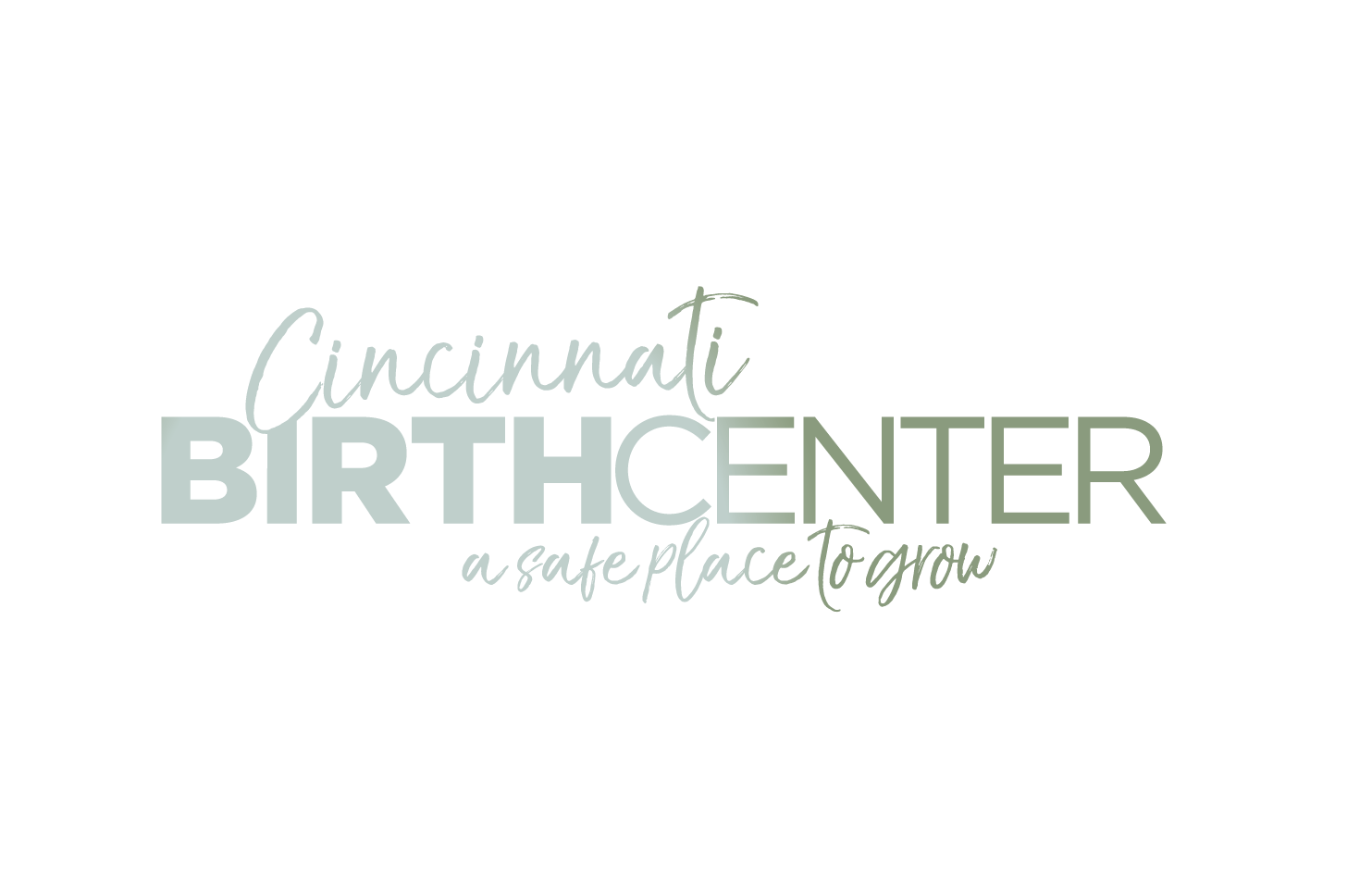Can New Fathers Get Postpartum Depression?
/Families welcoming a new child are usually aware to watch for signs of maternal postpartum depression, with 10-15% of mothers affected worldwide [1]. But did you know that fathers can also experience PPD?
Studies show that around 10% of fathers are affected by paternal postpartum depression, often occurring between 3-6 months after birth [2]. That’s a big number! The issue isn’t talked about much in the medical field, so couples are often caught completely unaware, leading to stress and tension while trying to raise a new baby.
What Causes Paternal Postpartum Depression (PPPD)?
It’s easy to pinpoint why mothers experience PPD, but what causes fathers to struggle as well? As it turns out, many of the same factors that contribute to women’s postpartum depression also cause men’s symptoms as well.
Hormonal Changes: While not as pronounced as in women, fathers also experience hormonal changes during their partner's pregnancy and after childbirth. Shifts in testosterone, cortisol, and oxytocin levels can affect mood and emotions.
Psychological Stress: The transition to parenthood is often overwhelming for both parents. Fathers may experience stress related to financial responsibilities, changes in relationship dynamics, and the demands of caregiving.
Personal and Relationship History: A history of depression or anxiety, unresolved trauma, or strained relationships can cause a predisposition to PPPD. This is only exacerbated by a lack of social support or feelings of isolation.
Sleep Deprivation: Usually, both parents tag-team to some degree in caring for the newborn at night. Sleep deprivation is a known risk factor for depression in both men and women.
Expectations vs. Reality: Unrealistic expectations about fatherhood and the perceived loss of freedom or identity can contribute to feelings of disappointment or inadequacy.
PPPD not only affects fathers but also impacts the entire family. Untreated depression can put strain on relationships, hinder bonding with the infant, and make it difficult for the father to support the mother as much as she needs.
Symptoms of paternal postpartum depression might include:
Aggressiveness
Irritability
Anxiety
Depressed mood
Fatigue
Feelings of worthlessness
GI symptoms
Headaches
Withdrawing from relationships
Negative parenting behaviors
Low motivation
Substance misuse
Recognition and Treatment
Despite how common it is, PPPD is often overlooked. Fathers are less likely to recognize or admit their symptoms if they feel societal pressure to be a strong support and focus solely on the mother’s well-being. Healthcare providers may also overlook PPPD symptoms during routine screenings.
Spreading awareness of PPPD will improve its recognition and support system so that fathers also can navigate birth and postpartum. Some ways to address PPPD:
Education and Awareness: Healthcare providers should be trained to recognize PPPD symptoms and offer appropriate support and referrals for treatment.
Peer Support and Counseling: Support groups and counseling can provide fathers with a safe space to discuss their feelings and learn coping strategies.
Partner Involvement: Encouraging open communication between partners and shared responsibilities in childcare can reduce stress and the risk of PPPD.



